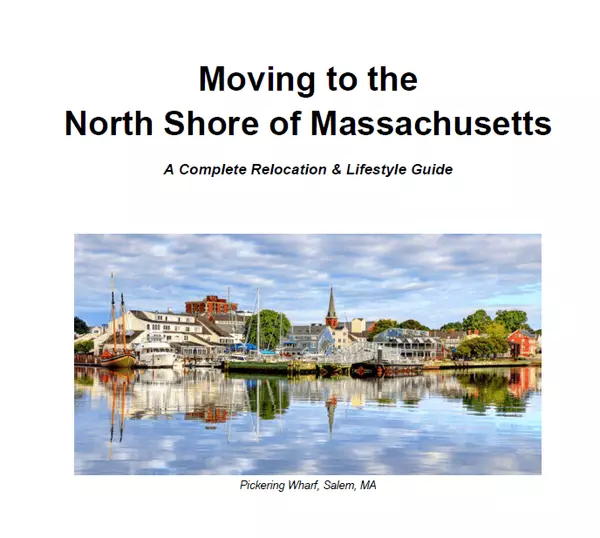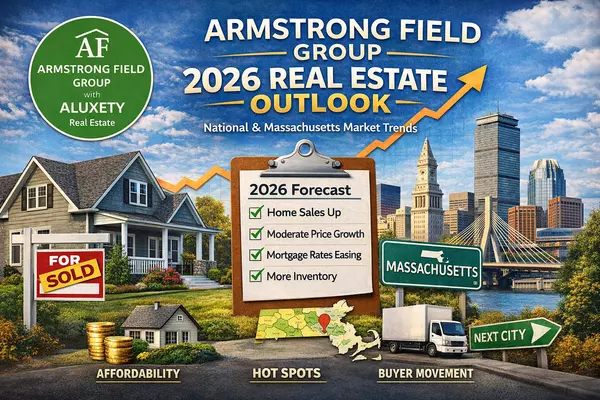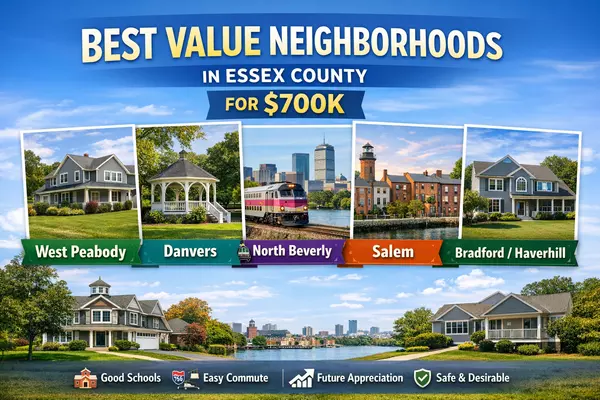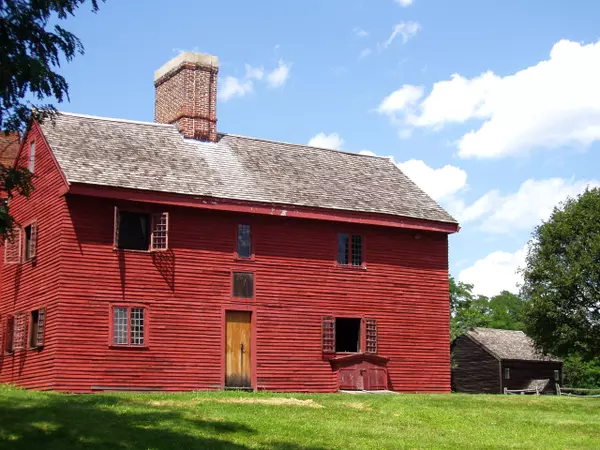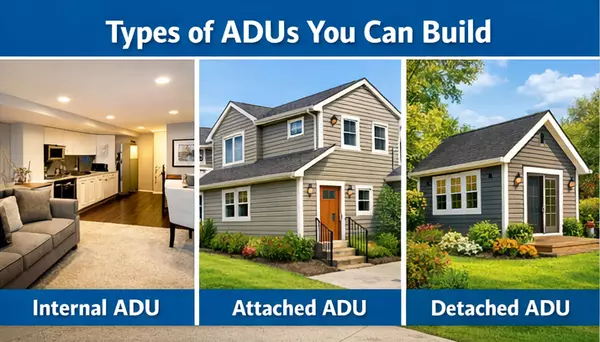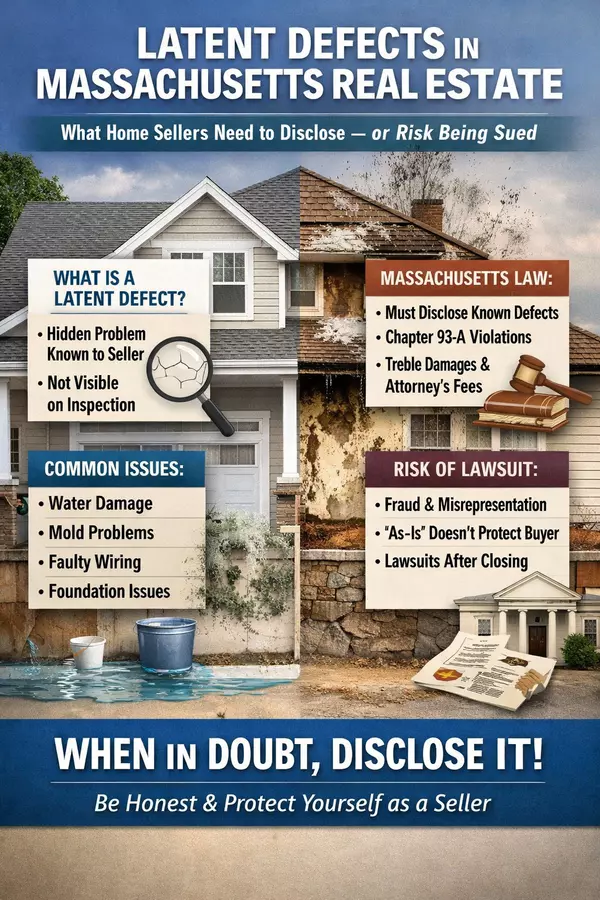New Home Construction in Massachusetts is Applealing to More Buyers

Why More Buyers Are Turning to New Construction This Year
In 2025, a noticeable shift has emerged in the the homebuying landscape: a growing share of buyers are opting for new construction over resale homes. Whether you’re a first-time buyer, a move-up buyer, or someone downsizing, there are compelling reasons for this trend. In this post, I’ll dive into the key drivers, benefits, challenges, and how real estate professionals (like me) can leverage this shift.
The Market Backdrop: Why Now?
Before we explore buyer motivations, it's helpful to understand broader market conditions pushing this trend.
-
Inventory Constraints on Resale Homes
The supply of existing homes remains tight in many markets, limiting options for buyers who want move-in ready properties. According to Realtor.com, inventory in May 2025 was up 31.5% year-over-year, but still below pre-pandemic levels. -
Builders Responding to Demand
Builders are adjusting — new home listings for single-family properties have increased slightly. -
Affordability & Pricing Pressures
While new homes often command higher sticker prices, some builders are offering incentives or building smaller footprints to meet demand in more affordable segments. -
Mortgage Rate Environment
With mortgage rates lingering near 6–7%, buyers are more cautious about locking in interest costs. The certainty of modern systems and energy efficiency in new homes becomes more attractive when monthly costs matter more than ever.
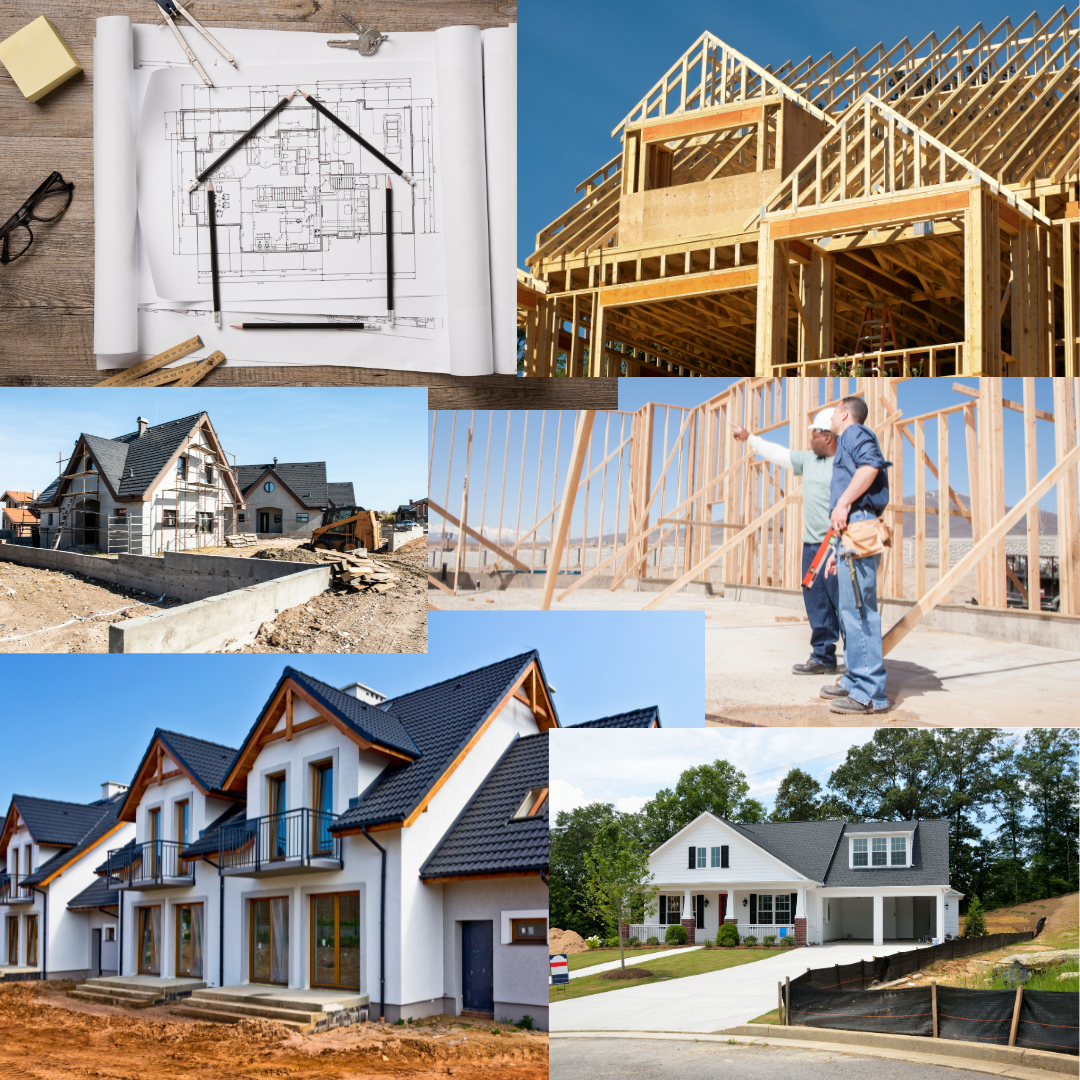 Top Reasons Buyers Prefer New Construction in 2025
Top Reasons Buyers Prefer New Construction in 2025
1. Move-In Readiness & Lower Early Maintenance
One of the most-cited reasons is avoiding the surprises that come with older homes — plumbing leaks, outdated wiring, roofing issues, etc. In fact, 45% of new-home buyers in recent surveys said avoiding renovation or repair worries was their number-one reason. Because everything is new, the buyer can expect fewer immediate repair costs.
2. Customization & Personalization
Buyers increasingly want to put their stamp on their homes. New construction often offers floor plan options, finishes, fixtures, and layout tweaks that resale homes can’t. For many, tailoring kitchens, lighting, cabinetry, and more is a major draw.
3. Energy Efficiency, Technology & Green Features
Modern building codes and consumer demand push new homes to include better insulation, energy-efficient windows, high-efficiency HVAC systems, and smart-home wiring. More than twice as many buyers in recent years have cited energy efficiency and smart-home features as reasons for choosing new construction. The long-term savings in utility bills, plus the environmental benefits, are compelling.
4. Modern Layouts & Design Trends
New homes are designed for today’s lifestyles — open floor plans, large windows, better flow, and integrated indoor-outdoor living. Also, buyers are increasingly looking for wellness features, eco-friendly design, and communities built with health in mind.
5. Warranty Protection & Certainty
Builders typically include warranties covering structural components, mechanicals, and workmanship. This added protection provides peace of mind, reducing the risk burden on the buyer.
6. Better Predictability & Cost Control
With older homes, there’s often a backlog of deferred maintenance. With new construction, buyers can better forecast costs, as there’s less immediate uncertainty.
Challenges & Counterpoints: What Buyers Must Weigh
While there are many upsides, new construction is not without trade-offs.
-
Longer Timelines & Construction Delays
Building or finishing a new home may take months — delays due to permits, supply-chain issues, weather, or subcontractor scheduling are possible. -
Higher Acquisition Costs / Upgrades
The base price may be competitive, but optional upgrades (premium finishes, lot premiums, landscaping) can add up quickly. -
Limited Mature Landscaping / Neighborhood Amenities
New communities may lack mature trees, landscaping, or fully built amenities (parks, infrastructure, commercial centers) in early phases. -
Resale Uncertainty / Market Risks
Because new neighborhoods are less established, future resale performance may carry more risk than homes in long-standing areas. Also, an uptick in available unsold new homes has been reported recently. -
Upfront Financing & Timing Risk
If mortgage rates rise or your financial situation shifts during construction, you may face pressure.
The shift toward new construction isn’t just a fad — it reflects evolving buyer priorities: lower maintenance burdens, ability to personalize, modern systems, and predictable costs. While resale homes will always have a place, the momentum in 2025 suggests that more buyers are weighing new builds seriously.
Q: Is buying a new construction home more expensive in Massachusetts?
While the initial price can be higher than a resale home, many buyers save money over time through lower utility bills, fewer repairs, and builder incentives.
Q: How long does new construction take?
Most new homes take 6–10 months from breaking ground to completion, depending on permitting and customization.
Q: Can I use a buyer’s agent when purchasing new construction?
Absolutely — and you should. A buyer’s agent (like our team at Armstrong Field Group) represents your interests, helps negotiate upgrades, and ensures your investment aligns with local market values.
Q: Will a new home save me money on utilities?
A: Yes — many new homes incorporate modern insulation, HVAC systems, energy-efficient windows, and air sealing that can lower monthly utility costs compared to older homes.
Jim Armstrong
Armstrong Field Group @ ALUXETY
jarmstrong@armstrongfield.com
978-394-6736
Categories
- All Blogs (102)
- Beverly, MA (5)
- Buying a Home (44)
- Condos For Sale (3)
- Danvers, MA (1)
- Home Ownership (28)
- Homes For Sale (7)
- Living on the North SHore (12)
- Mortgages (4)
- Prospective Real Estate Agents (1)
- Real Estate Careers (8)
- Real Estate Market Conditions (20)
- Real Estate School (1)
- Salem, MA (7)
- Selling a home (50)
Recent Posts
